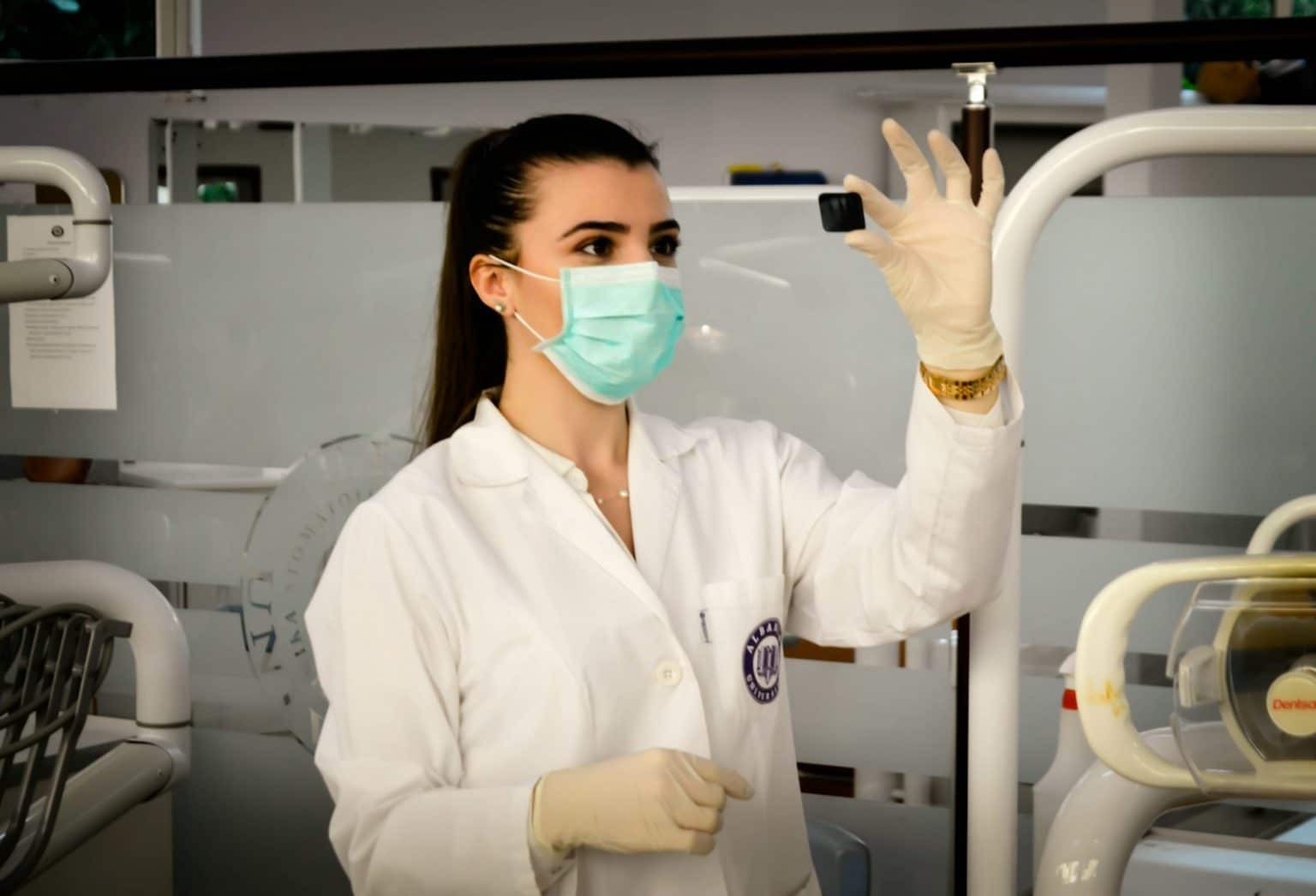Phlebotomy is an excellent career choice for individuals seeking a rewarding and in-demand healthcare profession. As a phlebotomist, you play a crucial role in the diagnostic process by collecting blood samples from patients for various medical tests and procedures. Here are several compelling reasons why phlebotomy is a good career path to consider:
Article Contents
1. Competitive Salary and Job Outlook
According to the U.S. Bureau of Labor Statistics, the median annual salary for phlebotomists in 2021 was $37,380, with the top 10% earning over $48,490. Additionally, the job outlook for phlebotomists is projected to grow by 10% from 2020 to 2030, which is faster than the average for all occupations. This growth is driven by the increasing demand for preventive medical services and the aging population, which requires more diagnostic testing.
2. Diverse Work Environments
Phlebotomists can find employment in a variety of healthcare settings, including hospitals, medical laboratories, blood donation centers, doctors’ offices, and nursing homes. This diversity allows phlebotomists to choose work environments that align with their preferences, whether it’s a fast-paced hospital setting or a more relaxed outpatient clinic.
3. Minimal Educational Requirements
Becoming a phlebotomist typically requires a postsecondary non-degree award or certificate, which can be completed in less than a year. Many community colleges, vocational schools, and technical institutes offer phlebotomy training programs that combine classroom instruction with hands-on clinical experience.
4. Valuable Skills Development
Phlebotomy is a skilled profession that requires a combination of technical and interpersonal skills. Phlebotomists must have a strong understanding of anatomy, medical terminology, and laboratory procedures. Additionally, they must possess excellent communication skills, empathy, and the ability to put patients at ease during the blood collection process.
5. Job Flexibility and Variety
Phlebotomists often have the opportunity to work flexible schedules, including part-time, full-time, or rotating shifts. This flexibility can be particularly beneficial for those with family or personal commitments. Furthermore, the daily tasks of a phlebotomist can be varied, as they may interact with different patients, handle diverse sample types, and collaborate with various healthcare professionals.
6. Career Advancement Opportunities
While phlebotomy is an entry-level position in the healthcare field, it can serve as a stepping stone for further career advancement. With additional education and experience, phlebotomists can pursue roles such as medical laboratory technicians, medical assistants, or even nursing. This career path allows for professional growth and the opportunity to take on more responsibilities within the healthcare industry.
7. Job Satisfaction and Meaningful Work
Phlebotomists play a vital role in the healthcare system by providing the necessary samples for accurate diagnoses and effective treatment plans. Their work directly contributes to improving patient outcomes and saving lives, which can be a source of great job satisfaction and a sense of purpose. In conclusion, phlebotomy is an excellent career choice for those seeking a rewarding and stable profession in the healthcare industry. With competitive salaries, diverse work environments, minimal educational requirements, valuable skill development, job flexibility, career advancement opportunities, and the ability to make a meaningful impact, phlebotomy offers a promising path for individuals passionate about healthcare and patient care.



